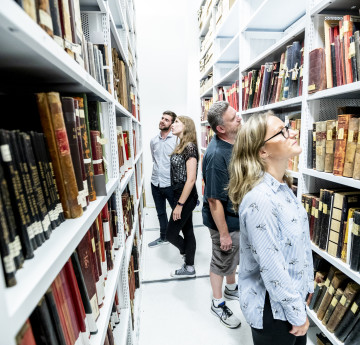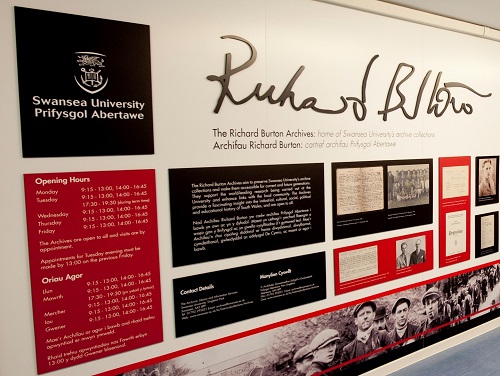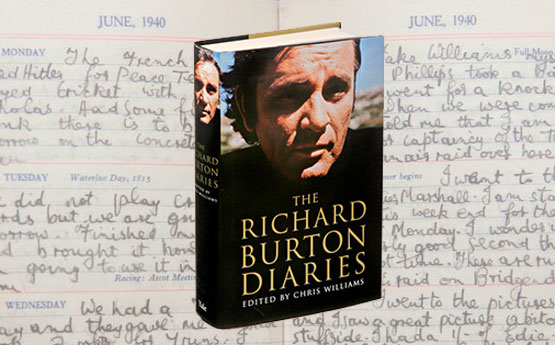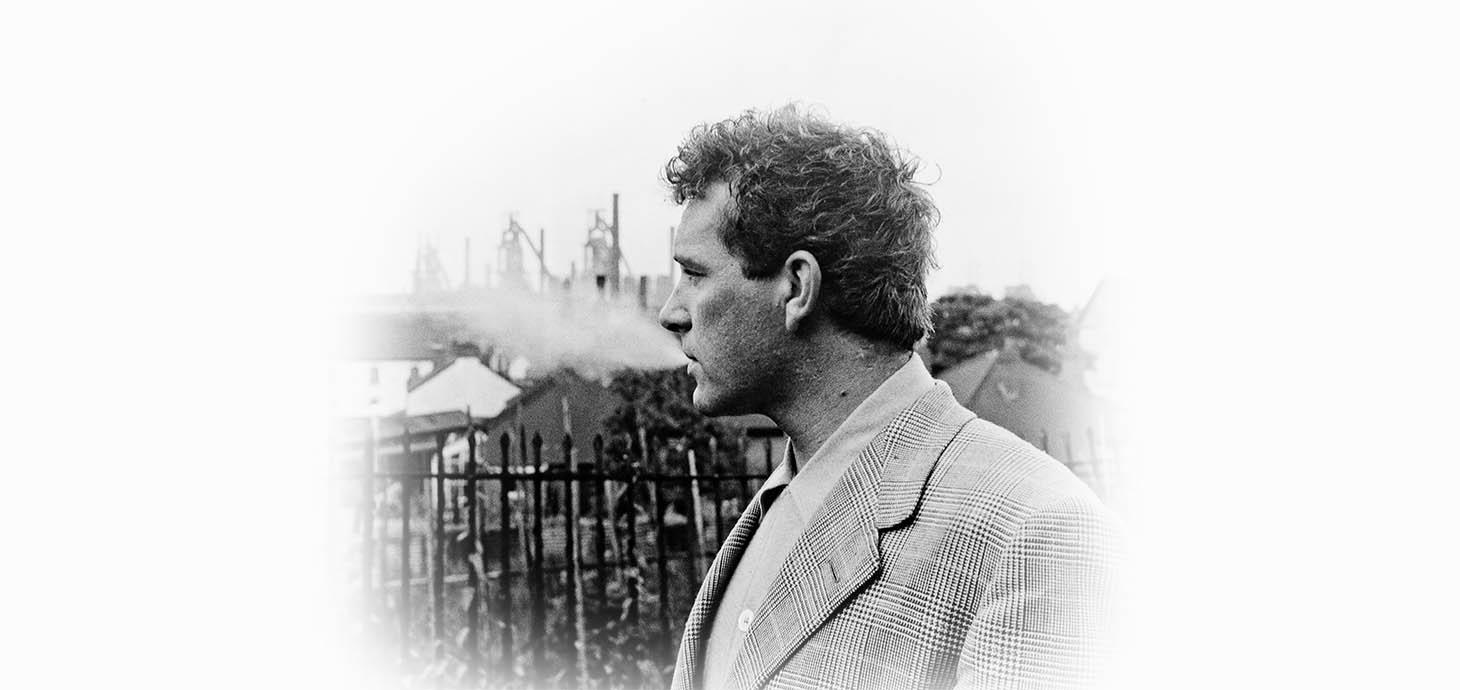The ethos of the Richard Burton Centre is that Wales is a plural society with important co-existing and complementary cultural and historical traditions in both the Welsh and the English languages. Wales is also situated within a number of wider historical and contemporary contexts. It is part of the United Kingdom. It is, at some level, a Celtic country. It is a European territory. It has very significant connections with diasporic communities in North and South America and Australasia. It has been and remains home to migrants from many different parts of the world, who have continually helped to redefine what it is to be Welsh.
The Richard Burton Centre for the Study of Wales takes its name from the renowned stage actor and film star, born Richard Walter Jenkins at Pontrhydyfen in the Afan valley in 1925, who took the surname of his legal guardian Philip Burton in 1943. Richard Burton was nominated for an Academy Award on seven occasions. His most celebrated film performances include roles as Mark Antony in Cleopatra (1963), Thomas a Becket in Becket (1964), Henry VIII in Anne of the Thousand Days (1970) and as O’Brien in 1984 (1984). In 2005 Richard Burton’s personal papers were deposited in Swansea University, and form a central part of the new Richard Burton Archive facility, which was formally opened in April 2010.
We tend to associate Richard Burton with the English language, an actor whose name and voice were changed for professional reasons, so that he might not only be cast as a stereotypical Welsh miner. He was a child of his socioeconomic times. He belonged to that age when no Jenkins, so it seemed, could succeed as an English-speaking actor. At the time, Wales was still very much living in the shadows of the Blue Books of 1847, the education report which declared that the Welsh language was ‘a vast drawback to Wales, and a manifold barrier to the moral progress and commercial prosperity of the people’. What would Burton make today of the success of Gruffudd, Rhys and Ifans? Nevertheless, we should always remember that he was a bilingual Welshman, from a Welsh-speaking family, who attributed the attractive qualities of his voice to that fact. Furthermore, having established himself as an acclaimed English-speaking actor, in 1958, he played the part of Hofacker in Saunders Lewis’ Welsh-language play, Brad, commissioned for the National Eisteddfod.






